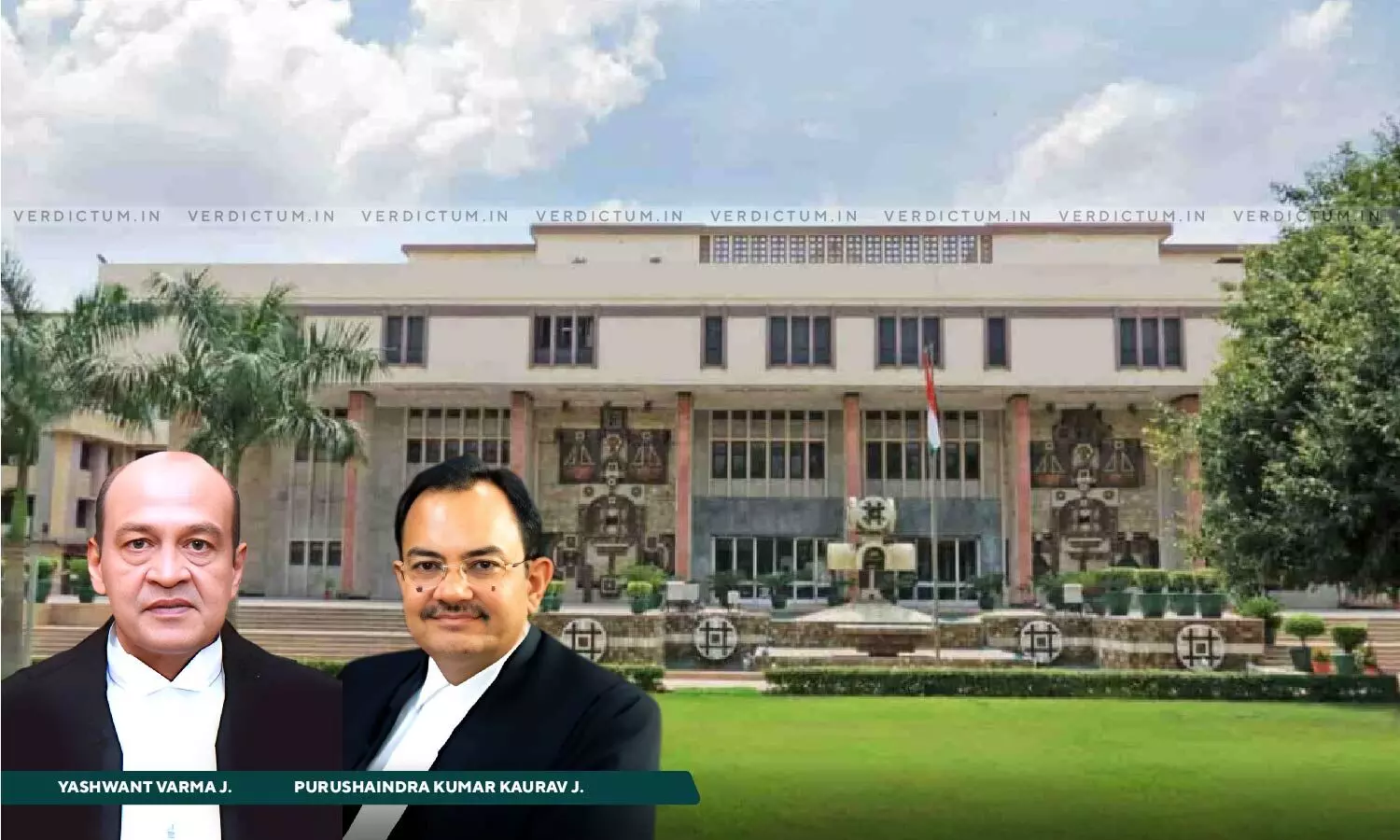
Wholly Incorrect To Understand IBNR Provisioning To Be A Contingent Liability: Delhi HC Upholds ITAT Order
 |
|The Delhi High Court upheld an order passed by Income Tax Appellate Tribunal observing that it would be wholly incorrect to understand “incurred but not reported” (IBNR) provisioning to be a contingent liability.
The Court added that if historical data shows a consistent trend of manufacturing sophisticated goods with some defects, then provisions for warranties on such goods are deductible under Section 37 of the Income Tax Act, based on systematically maintained data by the assessee.
In that context, the Bench of Justice Yashwant Varma and Justice Purushaindra Kumar Kaurav observed that, "The principle which emerges from these decisions is that if the historical trend indicates that large number of sophisticated goods were being manufactured in the past and in the past if the facts established show that defects existed in some of the items manufactured and sold then the provision made for warranty in respect of the army of such sophisticated goods would be entitled to deduction from the gross receipts under Section 37 of the 1961 Act. It would all depend on the data systematically maintained by the assessee."
The Principal Commissioner of Income Tax appealed against the ITAT's order that removed the disallowance of provisions for unsettled claims as of March 31st. The department argued that the ITAT ignored the fact that these amounts were shown as provisions in the assessee's books and should only be allowed when they materialize. They claimed the ITAT wrongly deleted the disallowance for unlogged claims, which were ad hoc provisions, while the assessee already had a special provision under Rule 6E of the Income Tax Act.
The key issues were provisions for “unsettled outstanding claims” and “incurred but not reported” (IBNR) claims. The Assessing Officer had classified both as contingent liabilities, which cannot be claimed under Section 37 of the Income Tax Act, 1961.
The Tribunal noted the respondent-assessee's argument that the provision for unsettled claims was not ad hoc but recorded all outstanding claims lodged by policyholders. They asserted that while claims might be quantified or adjudicated later, this did not make them contingent liabilities at the time the provisions were made.
The assessee explained that IBNR reserves were created based on actuarial exercises, using predictive methods to estimate claims incurred but not reported at the time of provision. This procedure was a standard practice in the general insurance business.
The Court observed that, "it would be wholly incorrect to understand IBNR provisioning to be a contingent liability. We, in this regard, bear in consideration the precepts of reasonable estimation, the capability of a liability being quantified based upon historical trends and the known actuarial methods for estimation which are liable to be adopted in accordance with the IRDA Regulations."
The view of the Tribunal was upheld and the appeals were dismissed.
Cause Title: Principal Commissioner of Income Tax 1 vs M/s Care Health Insurance Limited
Click here to read/download the Judgment